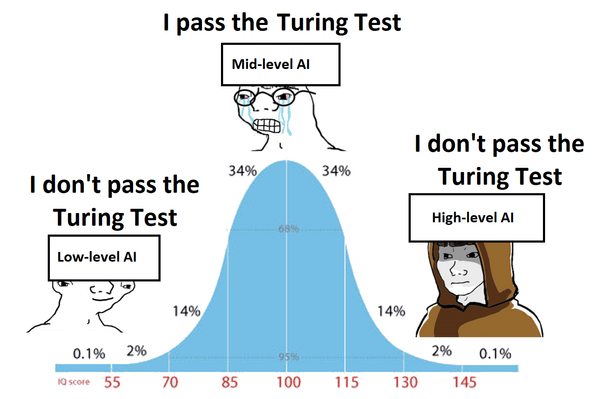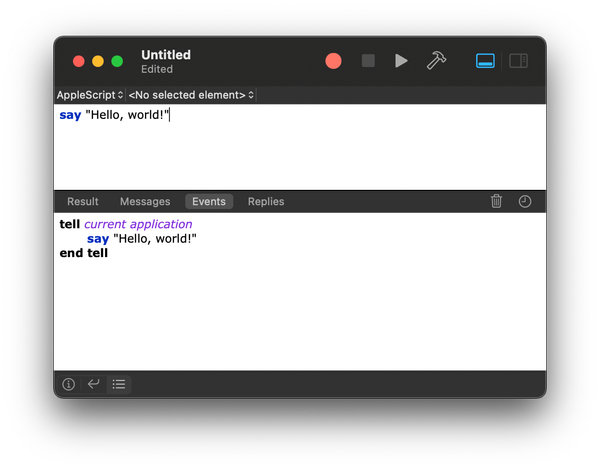The Twin Earth Thought Experiment
The Twin Earth thought experiment, proposed by philosopher Hilary Putnam, is a famous philosophical scenario that challenges our understanding of meaning and reference. It explores the concept of "water"

Introduction
The Twin Earth thought experiment, proposed by philosopher Hilary Putnam, is a famous philosophical scenario that challenges our understanding of meaning and reference. It explores the concept of "water" and raises questions about the nature of identity and knowledge. In this article, we will delve into the details of the Twin Earth thought experiment and its implications.
The Experiment
Imagine a planet, Twin Earth, which is identical to Earth in almost every way. The only difference is that instead of H2O, Twin Earth is covered in a liquid that is superficially identical to water but has a different chemical composition. Let's call this liquid XYZ.
On Twin Earth, the inhabitants also call this liquid "water," just like we do on Earth. However, their "water" is not H2O like ours; it is XYZ. The crucial point is that the inhabitants of Twin Earth are unaware of this difference in chemical composition.
The Philosophical Conundrum
The Twin Earth thought experiment raises several philosophical questions:
Meaning and Reference
On Earth, when we say "water," we refer to the substance H2O. But on Twin Earth, the term "water" refers to XYZ. This challenges the common understanding that words have fixed meanings and that their reference is determined by their meaning. Instead, it suggests that meaning and reference are context-dependent.
Externalism vs. Internalism
The Twin Earth experiment supports externalism, the view that the meaning of a term is determined by factors external to the individual. In this case, the chemical composition of the liquid determines its meaning. This contrasts with internalism, which argues that meaning is solely determined by internal mental states.
Knowledge and Justification
The experiment also raises questions about knowledge and justification. If someone from Twin Earth were to visit Earth and say, "Water is XYZ," they would be factually incorrect according to our understanding. However, they would have the same evidence and justification for their belief as we do for our belief that water is H2O. This challenges the traditional view that knowledge is solely based on truth and justification.
Implications and Debates
The Twin Earth thought experiment has sparked numerous debates and discussions among philosophers. Some of the key implications and debates include:
Semantic Externalism
The experiment supports the argument for semantic externalism, suggesting that the meaning of terms is determined by external factors. This challenges the traditional view that meaning is solely determined by internal mental states.
Social Externalism
The Twin Earth experiment also supports the idea of social externalism, which argues that the meaning of terms is influenced by the social and linguistic context in which they are used. This challenges the idea that meaning is solely determined by individual mental states.
Kripke's Causal Theory of Reference
Saul Kripke, a philosopher influenced by the Twin Earth thought experiment, developed the causal theory of reference. According to this theory, the reference of a term is determined by a causal chain that connects the term to its referent. This challenges the traditional view that reference is determined solely by meaning.
Conclusion
The Twin Earth thought experiment challenges our understanding of meaning, reference and knowledge. By imagining a planet with a liquid that is superficially identical to water but has a different chemical composition, the experiment raises profound philosophical questions. It supports the arguments for semantic and social externalism and has influenced debates surrounding the nature of reference. The Twin Earth thought experiment continues to be a fascinating topic for philosophical inquiry and exploration.



